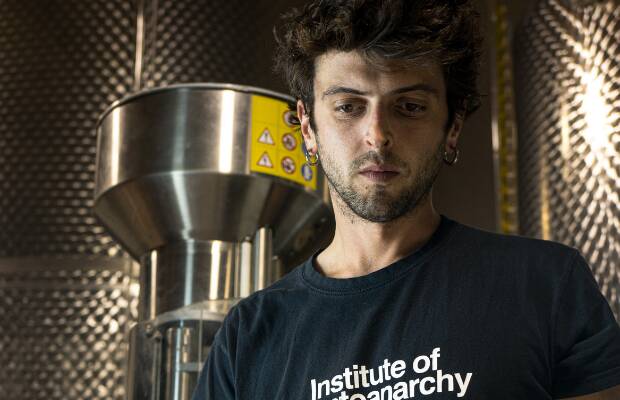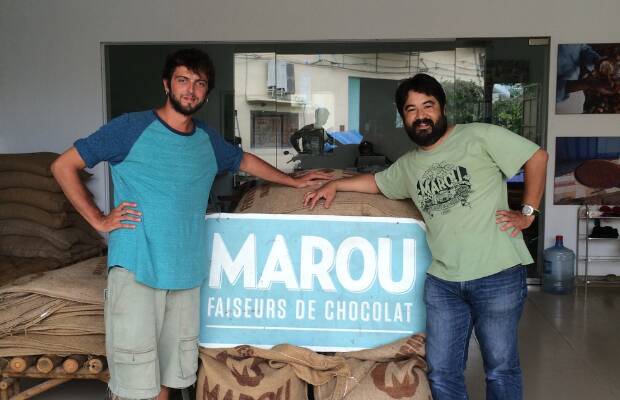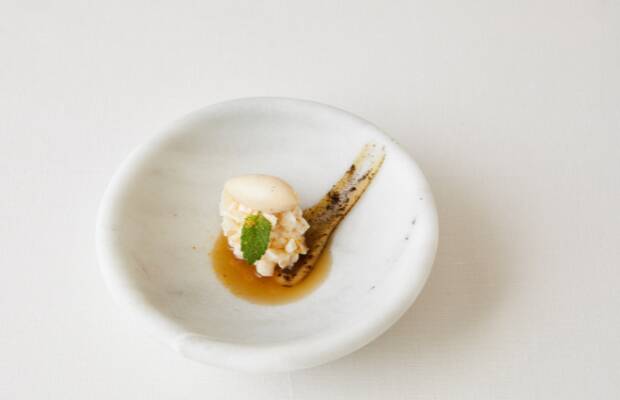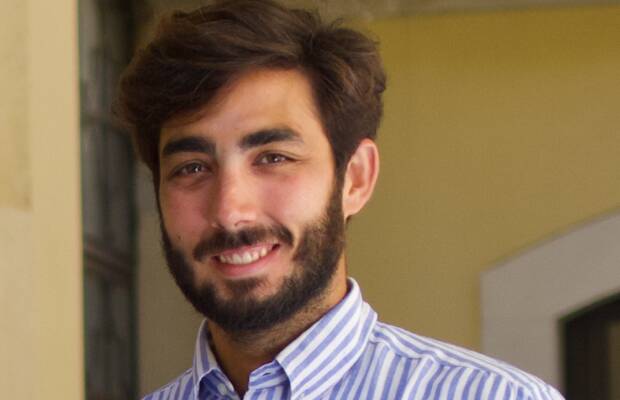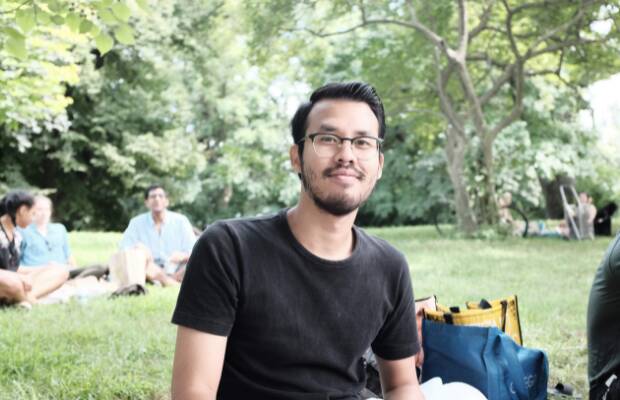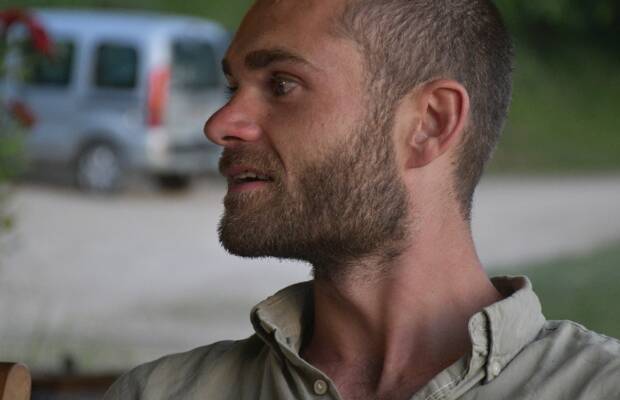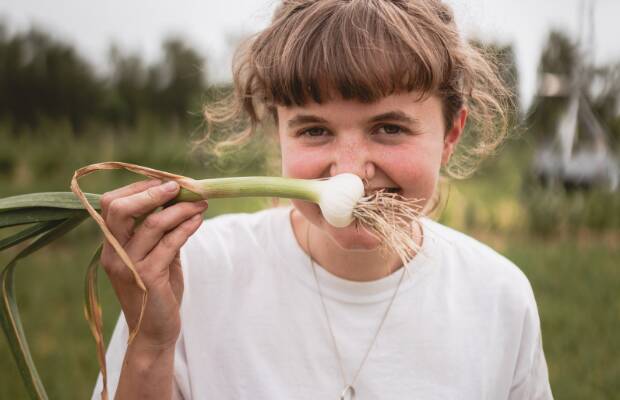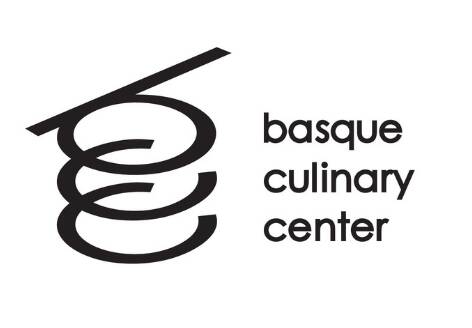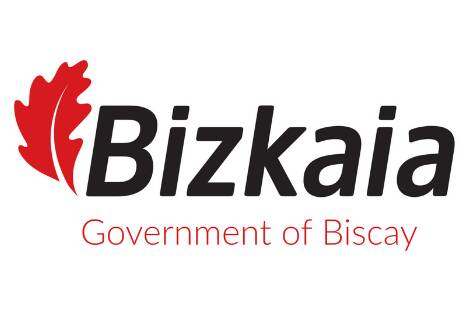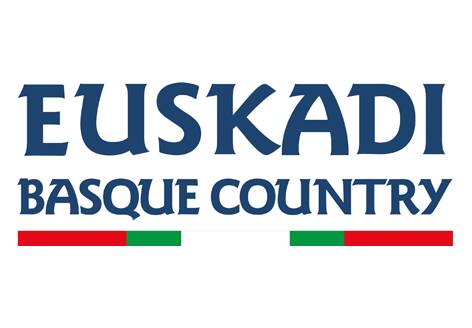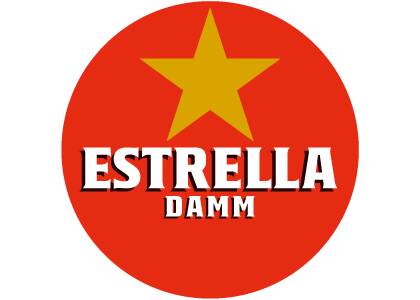36 / Ezcaray, Spain
The multi-talented cooking professional unlocking the secrets of chocolate
A gifted culinary creative, Pol Contreras Vilapriñó follows one simple principle in his life: only play by the book if you have no other choice. By applying this philosophy to his various endeavours, he has been able to break the patterns of the establishment to create what experts have called the ‘fifth chocolate’.
It all started when Pol, a culinary professional since the age of 15, came across a video online of a French couple who had moved to Vietnam and opened their own chocolate factory despite having no prior experience. Fascinated, Pol travelled to Vietnam to meet the pair and came away with a passion for chocolate that still burns to this day. On his return, he founded Chocolates Pol Contreras, the company through which he’s exploring the potential of the bean-to-bar movement, experimenting with new cacao products and laying the foundation for what he calls the ‘bean-to-dish’ phenomenon.
Sourcing unique bean varieties from places such as Venezuela, Madagascar and Papua, Pol is changing the rules of the game by applying creative solutions to chocolate production. His ‘fifth chocolate’ (coming after the four common varieties: dark, white, with milk and ruby) is made from cocoa mucilage. He makes stout beer from Papua cocoa husk, wine from Indian cocoa husk and is collaborating with textile designer Arantza Vilas to extract dyes from the husk waste.
His talent hasn’t gone unnoticed – he was selected by legendary chef Ferran Adrià to be part of the ElBulli Foundation research team and has already won a ‘Pastry Chef Revelation’ award by Madrid Fusión. While researching unusual beans and developing new products, he is also the head of R&D at restaurant Echaurren, is collaborating with visionary chef Andoni Luis Aduriz of Mugaritz and is even producing a podcast.
“We will soon see a more decolonised chocolate industry. Exporting will be more decentralised, more farmers will produce their own chocolate and sell it to the West, and we will see price increases caused by shortages of products, energy, transport and fertilisers.” – Pol Contreras Vilapriñó
